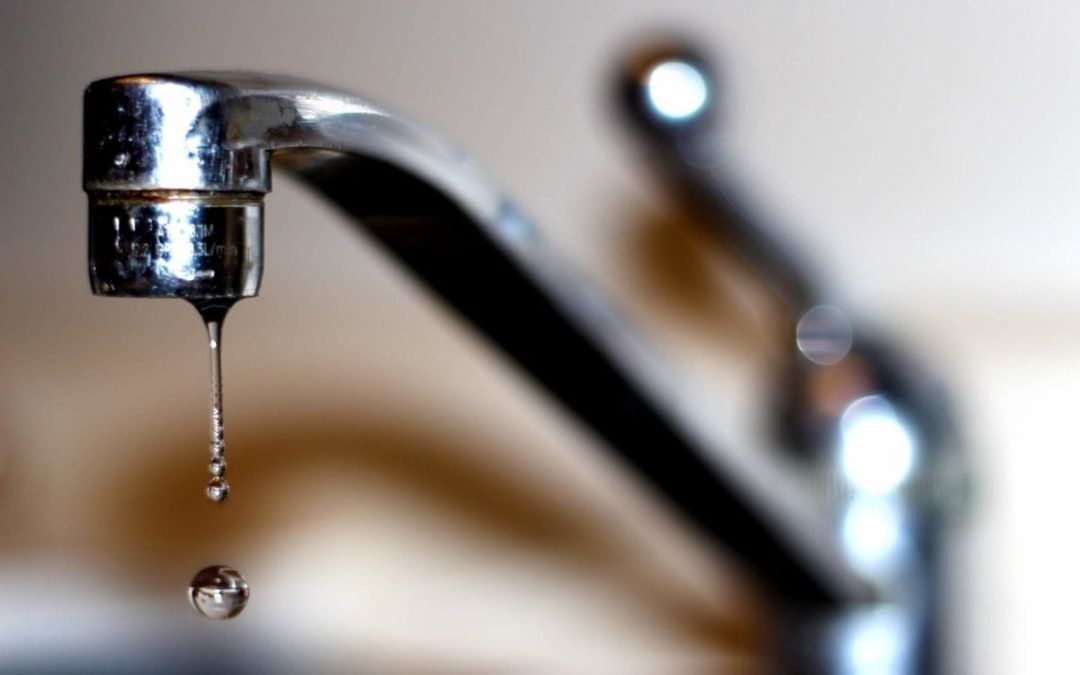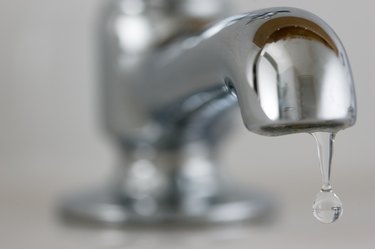The Definitive Advice to Dealing with Low Water Pressure in Your Home
The Definitive Advice to Dealing with Low Water Pressure in Your Home
Blog Article
Right here in the next paragraphs you can locate some incredibly good insights concerning 4 Ways to Troubleshoot Low Water Pressure.

Low water stress in your home can be a discouraging trouble, influencing whatever from showering to cleaning recipes. If you're experiencing weak water circulation, there are a number of possible causes and solutions to explore. In this overview, we'll go over usual reasons for low water stress and useful steps to deal with the problem properly.
Intro to Low Water Stress
Low tide pressure takes place when the flow of water from your faucets, showers, and various other components is weaker than usual. This can make day-to-day tasks more difficult and less effective. Understanding the sources of low tide stress is crucial to discovering the best remedy.
Usual Reasons For Low Tide Pressure
Faulty Stress Regulatory Authorities
Stress regulatory authorities are accountable for preserving consistent water pressure in your house. If they malfunction, it can cause low tide pressure or irregular circulation throughout your home.
Local Water Issues
Occasionally, the issue lies outside your home. Municipal supply of water issues, such as main line leakages or maintenance work, can temporarily decrease water pressure in your area.
Pipe Obstructions
Over time, pipes can end up being blocked with natural resource, debris, or debris, restricting the flow of water. This is an usual concern in older homes with galvanized steel pipelines.
Corrosion
Corrosion within pipes can result in leaks and reduced water stress. Corrosion accumulation can restrict water circulation, specifically in aging plumbing systems.
How to Diagnose Low Tide Stress
Inspecting Pipelines
Check visible pipes for signs of leaks, deterioration, or obstructions. Focus on any unusual audios, such as banging or rattling pipes, which can show concerns within the plumbing system.
Consulting with a Plumber
If you're not able to determine the root cause of low water stress, think about employing a professional plumber to conduct a detailed assessment. They can determine underlying problems and advise proper services.
Checking Taps and Components
Start by examining the water stress at different faucets and components throughout your home. If the problem is isolated to specific locations, it may show localized problems.
Do It Yourself Solutions to Repair Low Water Pressure
Flushing Hot Water Heater
Debris buildup in the hot water heater can limit circulation and lower performance. Flushing the storage tank regularly helps remove sediment and preserve ideal performance.
Inspecting Stress Regulator
Make certain that the stress regulator is working properly. Adjusting or changing the regulator can aid recover correct water pressure throughout your home.
Cleansing Aerators and Showerheads
Natural resources can build up in aerators and showerheads, decreasing water circulation. Get rid of and cleanse these elements routinely to improve water stress.
Clearing Up Clogs in Water Lines
For small clogs, attempt utilizing a plumbing snake or chemical drainpipe cleaner to clear blockages in pipelines. Beware when utilizing chemicals and follow safety and security guidelines.
When to Call a Specialist Plumber
If DIY efforts stop working to fix the concern or if you think substantial plumbing troubles, it's ideal to look for aid from an accredited plumber. They have the experience and devices to address complex concerns securely and properly.
Safety Nets to Keep Water Pressure
Installing a Stress Booster
Think about installing a stress booster pump to boost water stress in locations with constantly reduced circulation. This can be specifically valuable for multi-story homes or residential properties with high-demand components.
Monitoring Water Use
Be mindful of water usage habits and avoid overtaxing the plumbing system. Basic modifications, such as staggering showers and washing tons, can aid keep ample water pressure.
Regular Upkeep
Schedule routine upkeep for your plumbing system to stop issues such as deterioration, leakages, and blockages. Resolving small issues early can aid avoid even more substantial repairs later.
Verdict
Managing low water pressure can be irritating, however recognizing the underlying causes and applying proper solutions can bring back optimum circulation throughout your home. Whether it's cleaning aerators, checking pipelines, or speaking with a plumber, taking aggressive steps can make certain a steady supply of water for your day-to-day demands.
FOUR WAYS TO FIX LOW WATER PRESSURE NOW
Turning on a shower or faucet only to find the water comes out in a sad, slow drizzle is never a good feeling. How exactly are you supposed to wash a pan or take a quick shower when it takes 10 minutes just to rinse off a little soap? The good news is that when your water pressure is bad, there's always a cause: typically one that can be easily fixed. Here are some of the most common causes of low pressure and what you can do to fix the issue:
DEBRIS AND MINERAL DEPOSIT BUILDUPS
If you notice low water pressure from just one or two of the fixtures in your house, the problem likely has to do with debris buildup. Water is full of minerals and other debris, all of which can accumulate in your pipes and on your fixtures. This can cause a blockage that affects how much water flows through. To fix this, try filling a small plastic bag with white vinegar, and use a rubber band to hang it around your showerhead or faucet. Let the head of the fixture soak for a few hours, and the vinegar should loosen the deposits.
WATER LEAKS
Leaks are another common cause of low water pressure. If water is flowing out of your plumbing through a hole or crack before it can reach your fixture, the pressure coming out of the faucet or showerhead will be lower. A plumbing professional is your best bet for finding and repairing a leak in your water supply pipes.
Leaks are another common cause of low water pressure. If water is flowing out of your plumbing through a hole or crack before it can reach your fixture, the pressure coming out of the faucet or showerhead will be lower. A plumbing professional is your best bet for finding and repairing a leak in your water supply pipes.
A VALVE ISSUE
If you have low water pressure throughout your home, check your main shut-off valve to make sure it's completely open. You may also want to see if there's a pressure-reducing valve installed. If there is, have a plumber help you adjust the settings to get the pressure you're looking for.
OTHERS USING WATER
Believe it or not, your low water pressure could be caused by your neighbors. If you notice low pressure at certain times of day, it may be because you and the people living next to you have similar schedules - when everyone is showering at the same time, the pressure will be lower in every home. Low pressure throughout the neighborhood may also be caused by an issue with your municipal water supply. If that's the case, call the supplier to see if they're working on the issue.
https://www.rotorooter.com/blog/water-leaking/low-water-pressure-fixes/

Do you appreciate reading about 10 Reasons for Low Water Pressure in Your House? Try to leave a review down the page. We'd be pleased to know your views about this blog posting. In hopes to see you back again in the near future. Loved our piece of writing? Please share it. Help others discover it. Thanks so much for going through it.
Need Help? Hire Us Now! Report this page